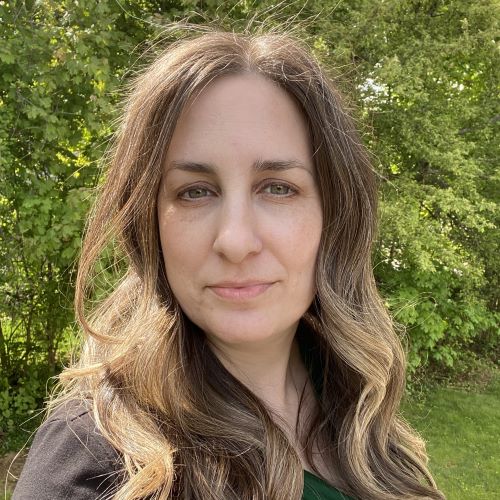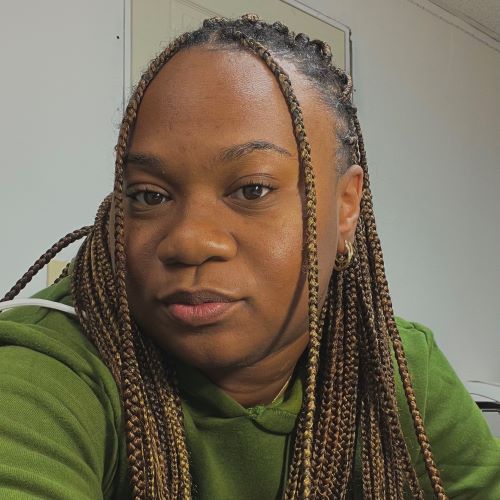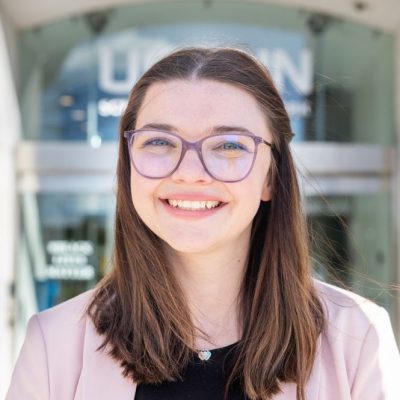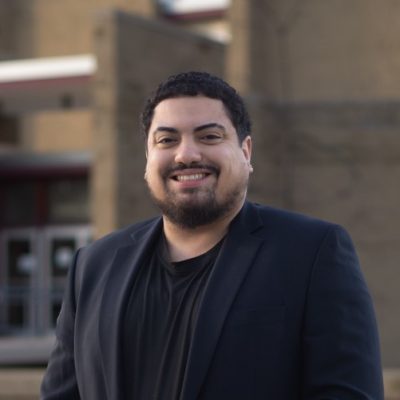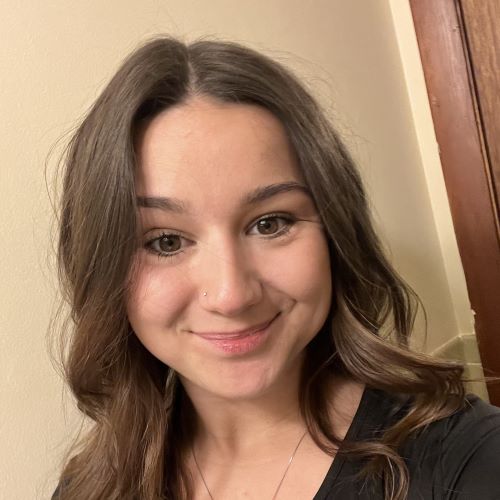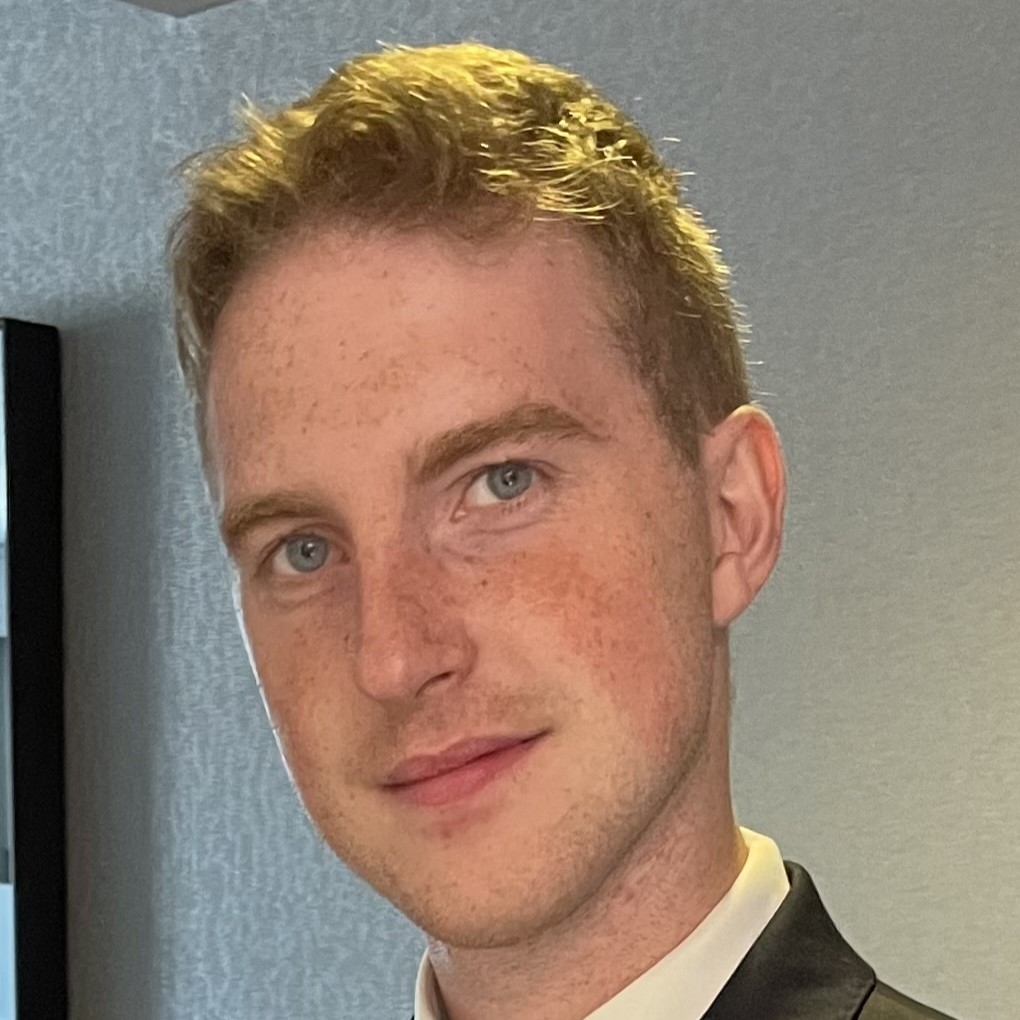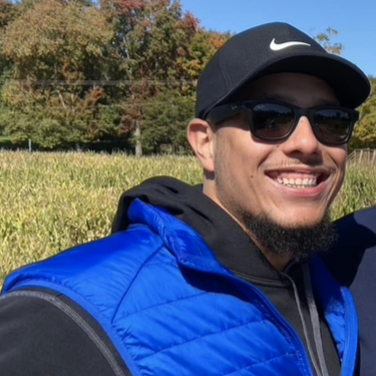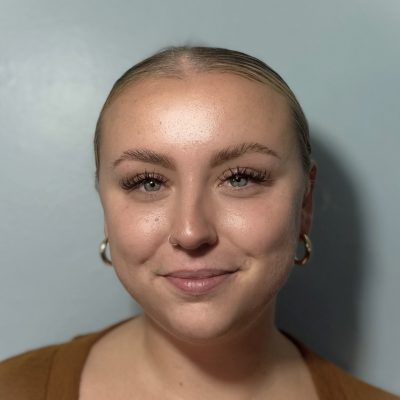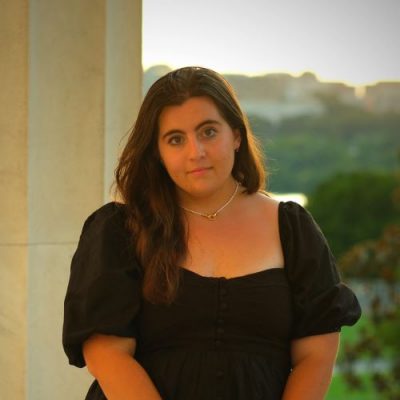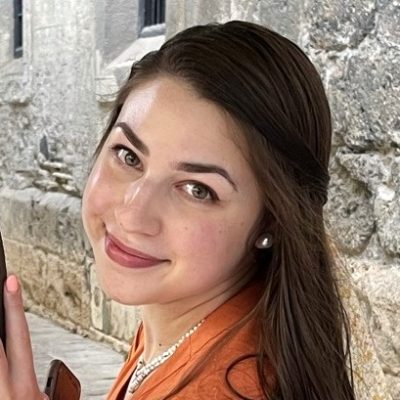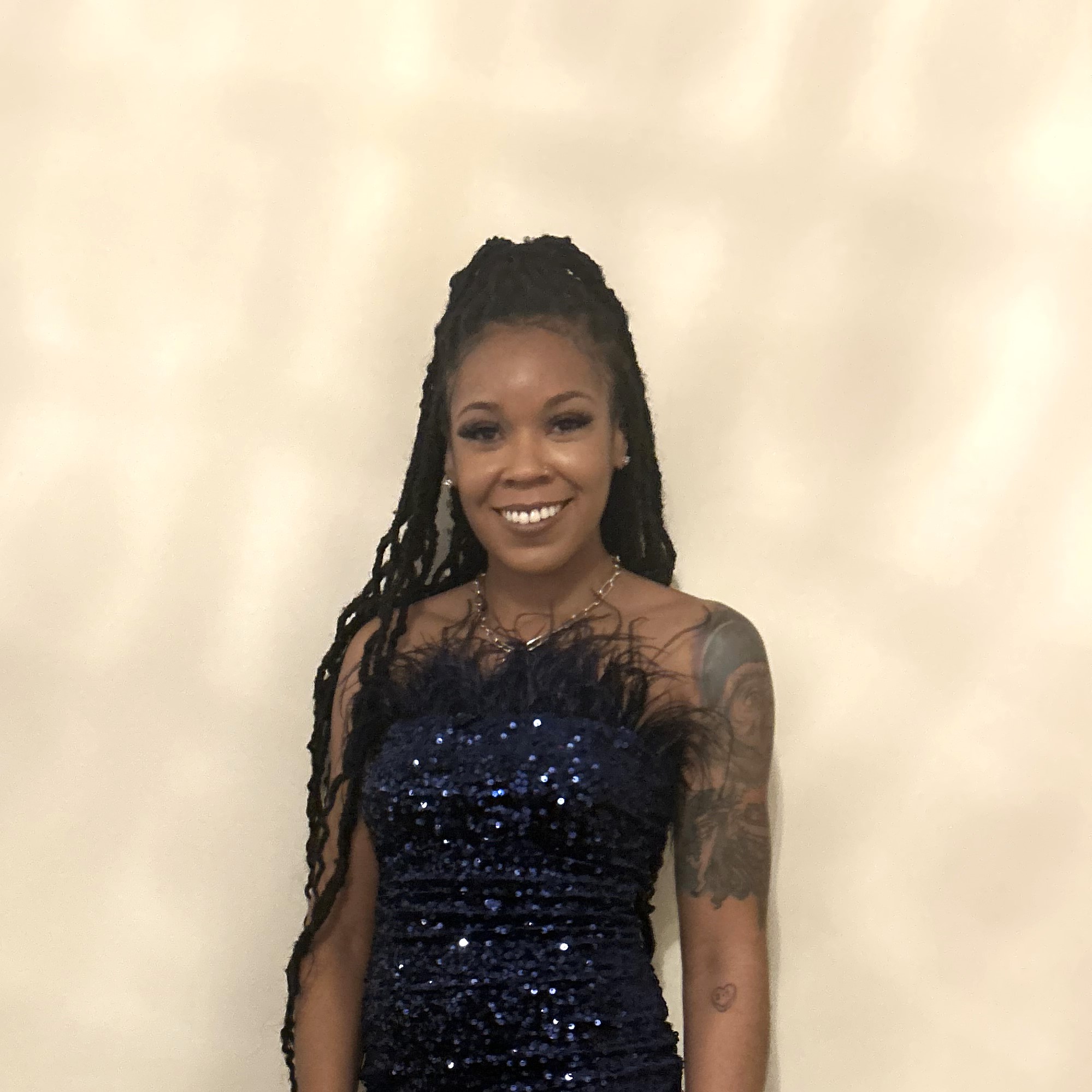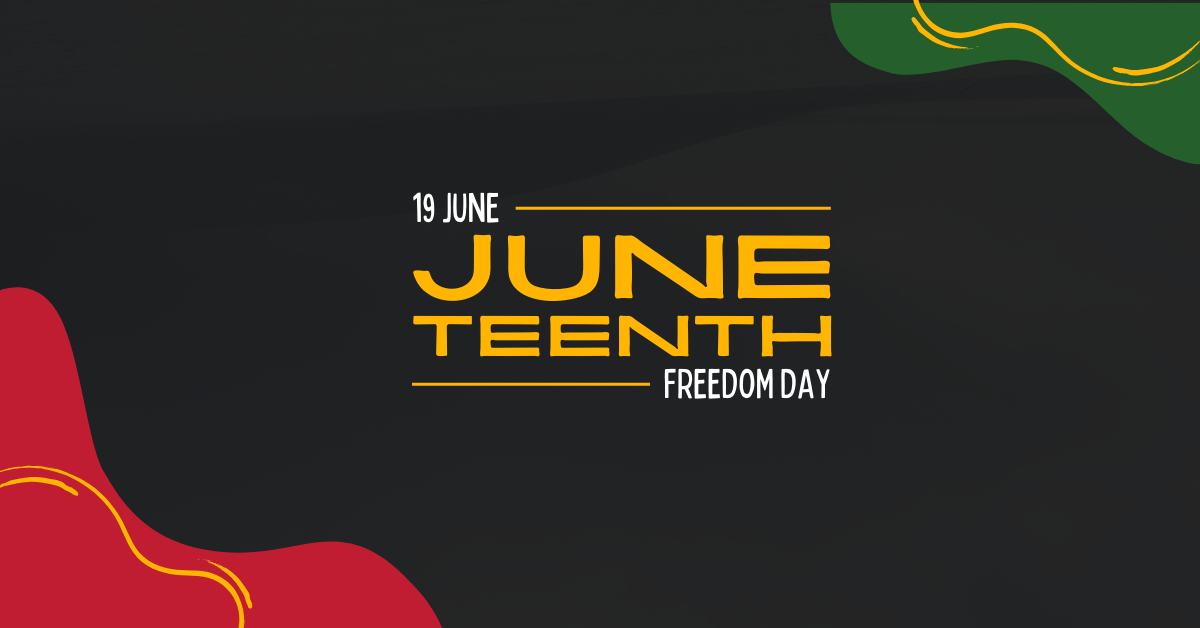Fri, Sept 27, 2024
9:30 am – 1:30 pm
4 CECs
Fee: $100
10% discount for UConn SSW Alumni and Current SSW Field Instructors
**Optional 6 Week Follow Up Mastery Class Available To Attendees (See description below. Separate registration required.
Getting comfortable using EFT comes with practicing on yourself and with clients who are generally well-functioning, but may be struggling with anxiety, physical pain, intrusive thoughts, past trauma, self-limiting beliefs, or life changes.
The more you use EFT and see the consistent positive results, the less strange it will feel and the more opportunities you will find to use it for your own self-care, with family and friends, and for your clients.
The seminar will include a review of the Basic Recipe for tapping, including tapping points, set-up phrase and basic tapping protocol.
Additional topics to be introduced and further explored will be the Personal Peace Procedure, Tap & Breathe Procedure, Tapping to Install Positive Beliefs, Borrowing Benefits, and how EFT dovetails with the Law of Attraction.
This program is a great follow up for those who have taken Fundamentals of Emotional Freedom Technique: Care for Clients and Practitioners, for those who have taken any Entry Level EFT class, or have been practicing on their own. While the workshop will briefly review the basics of EFT, it is not intended for participants without any prior knowledge.
There will be ample time for group tapping, demonstration with participants, and Q&A.
Learning Objectives:
• Develop more comfort and confidence using EFT for self and with clients
• Understand the Personal Peace Procedure and its appropriate use
• Learn protocol for Tapping in Positive Beliefs
• Learn about the power of Borrowing Benefits in group settings
• Understand the energetic integration of EFT and the LOA
• Learn the Tap & Breathe Procedure
** Mastering EFT Online Follow-Up Series
6 – 90 minute classes: Wednesdays, 10/9, 10/16, 10/23,11/6, 11/13, 11/20 from 6:30 – 8pm.
